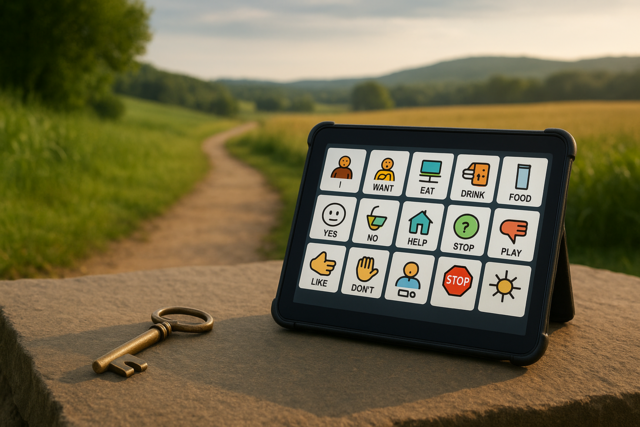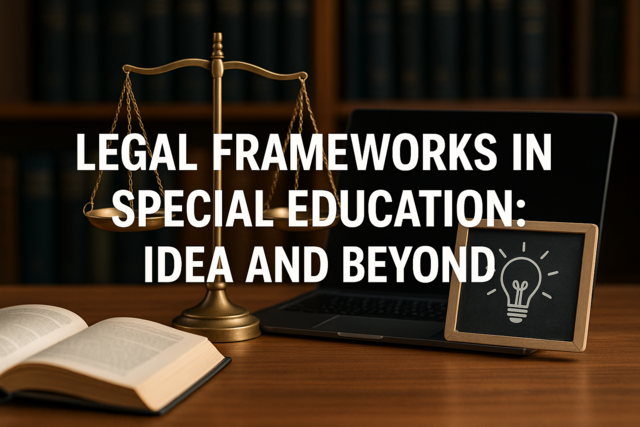Online Class: Differentiated Instruction — Meeting the Needs of All Learners

no certificate
with CEU Certificate*
-
15Lessons
-
22Exams &
Assignments -
3Hours
average time -
0.3CEUs
Course Description
Imagine a classroom where every student feels seen, heard, and understood—a classroom where each child's unique potential is not just acknowledged but actively cultivated. Welcome to "Differentiated Instruction: Meeting the Needs of All Learners," a course that transforms not just how you teach, but how your students learn and thrive. This isn't merely an educational course; it's a journey to become the kind of educator who inspires and empowers every student, no matter their background or learning style.
This course invites you to reimagine education. It's grounded in the revolutionary idea that one size does not fit all when it comes to learning. Inspired by educational visionaries like Dewey and constantly evolving with the latest psychological insights and technological advancements, differentiated instruction is the key to creating a learning environment that promotes equality, celebrates diversity, and champions student agency.
From the moment you embark on this course, you're not just stepping into a learning experience—you're stepping into a new way of teaching that celebrates the individuality of each student. You'll explore how to harness the power of diverse instructional strategies that embrace cognitive, emotional, and physical differences among learners. Imagine crafting lessons that speak directly to the heart of each learner, using flexible learning environments and modern technology as your tools. This course gives you the power to transform your classroom into a nurturing arena where every student can excel.
What makes this course truly special? It's not only the progressive learning techniques you'll master but the environment of creativity you'll foster. You will learn to design classrooms that maximize educational potential, ensuring that each student has a seat and a voice, creating a symphony of learning where every voice matters. Strategic classroom design becomes a tool, a catalyst for active learning. From thoughtfully arranged spaces that encourage collaboration and focused attention to individualized comfort areas that allow self-paced learning, you will be the architect of a thriving community of change-makers.
Through this course, you gain the ability to see and understand your students on a deeper level by delving into learner profiles and adaptive assessments. You will be adept at using these insights to craft an education path where every student finds success. Visualize assessments that don't stifle creativity but enhance it—guides that students use to embark on their own journeys of self-discovery and understanding.
This course fully leverages the power of technology to provide tailored learning experiences. You'll become proficient in using modern digital tools to gain real-time insights into student progress. With this knowledge, you'll dynamically adapt your teaching methods to meet evolving needs, ensuring that every piece of technology is a bridge to a more inclusive and effective classroom. Awaken the potential within each student, transforming challenges into stepping stones of progress.
Differentiated instruction also unlocks the magic of collaboration, turning your classroom into a lively ecosystem of growth through dynamic grouping strategies. Much like an intelligent GPS, you'll learn to navigate educational pathways that realign in real-time to suit the shifting tides of classroom dynamics—forming groups that foster cooperation, understanding, and collective achievement.
By the end of this course, you'll not just be an instructor but a mentor who champions growth mindsets, weaving pathways of opportunity from what others might see as obstacles. You'll guide your students towards not just academic success but profound personal development, empowering them to take ownership of their learning and futures.
Enrolling in "Differentiated Instruction: Meeting the Needs of All Learners" isn't just a decision to improve teaching methods—it's a commitment to changing lives. It's about stepping into a world of potential, igniting passion, and assembling the tools you need to craft paths of learning that are as unique as each student you encounter. Take this transformative step and become the educator who doesn't just teach—but inspires, engages, and truly makes a difference. Your journey to creating real change in the educational landscape starts here. Secure your place in this groundbreaking course today and redefine the future of education for your students and yourself.
- Completely Online
- Self-Paced
- 6 Months to Complete
- 24/7 Availability
- Start Anytime
- PC & Mac Compatible
- Android & iOS Friendly
- Accredited CEUs

Course Lessons
Lesson 1. The Essential Principles of Differentiated Instruction
Historically influenced by Dewey's student-centric model, differentiated instruction continues to advance through psychological theories and modern tech, fostering a personalized approach. This method enhances educational experiences by accommodating multiple intelligences and cultural backgrounds, promoting equality and student agency.Lesson 2. Adapting Education: Bridging Learning Modalities and Cultural Diversity
Diverse instructional strategies empower educators to address the unique cognitive, emotional, and physical differences among students, fostering personalized education. By integrating flexible learning environments and technology, teachers create inclusive classrooms where all learners can excel.Lesson 3. Empowering Students Through Adaptive Classroom Design
Classroom design in differentiated instruction maximizes educational potential by adapting to student needs through flexible spaces. Thoughtfully arranged areas support collaboration, focused attention, and individual comfort, creating a thriving learning environment.Lesson 4. Harnessing Formative Assessments for Inclusive Education: Strategies and Tools
Effective rubrics and scoring guides provide clarity and consistency in assessments, detailing success criteria and supporting differentiated learning paths. They serve as roadmaps for students, outlining expectations and enabling self-assessment, fostering independence and personal growth in diverse learners.Lesson 5. Understanding Student Diversity through Learner Profiles
Differentiated instruction emphasizes the adaptation of teaching strategies to resonate with diverse learners, ensuring inclusivity and effectiveness in educational settings. By embracing multimodal approaches and integrating cultural contexts, teachers engage students on deeper levels, enhancing both academic and social-emotional development.Lesson 6. Empowering Students through Learner Profiles
Tiered assignments in differentiated instruction cater to diverse learners by varying task complexity, aligning activities with individual readiness and interests. This strategy encourages deeper understanding and resilience, engaging students at their unique levels of expertise.Lesson 7. Tailoring Learning Experiences Through Product Differentiation
Utilizing technology and formative assessments, educators can implement product differentiation to support and challenge students at varying proficiency levels. Personalized learning experiences have been shown to improve educational outcomes, motivating students through meaningful and contextually relevant assignments.Lesson 8. Harnessing Technology for Tailored Learning in Modern Classrooms
Technology empowers educators with data-driven insights to tailor instruction and address student challenges promptly. By adapting teaching methods with real-time feedback, teachers can foster a supportive environment for all learners.'Lesson 9. Dynamic Group Strategies for Diverse Classrooms
Like an intelligent GPS system recalibrating routes, flexible grouping adapts to the current learning environment, understanding individual needs to optimize educational opportunities. This approach enables educators to dynamically restructure groups based on real-time assessments, creating a collaborative classroom that values continuous growth.Lesson 10. Crafting Inclusive Educational Journeys: A Guide to Differentiated Instruction
With an emphasis on formative and summative assessments, differentiated instruction leverages data to tailor learning experiences while adaptive technologies provide real-time insights to adjust difficulty levels. This approach ensures that teaching methods align with individual student needs, balancing support and challenges for optimal educational outcomes.Lesson 11. Crafting Inclusive Classrooms through Strategic Assessments
Formative and observational assessments provide teachers with real-time insights into student understanding, enabling adaptive lesson planning. These strategies, complemented by digital tools, ensure instruction meets the unique needs of each learner, fostering a dynamic classroom environment.Lesson 12. Instructional Customization: Meeting Learners' Needs
The synergy of differentiated instruction and technology enables educators to precisely address each learner's strengths and challenges. By combining formative assessments and flexible grouping strategies, classrooms transform into collaborative spaces where students engage deeply with content.Lesson 13. Crafting Inclusive Learning Pathways: The Power of PBL and Differentiated Instruction
Integrating technology into PBL enhances differentiation by offering personalized resources and adaptive technologies for diverse learning needs. This approach enables educators to cater precisely to individual capabilities, widening access and enriching learning experiences for all students.Lesson 14. Growth Mindset and Differentiated Instruction
Emphasizing a growth mindset within differentiated instruction empowers students to view challenges as opportunities. Tailored educational approaches ensure individualized learning experiences, fostering both academic success and personal development.Lesson 15. Reflections in Differentiated Learning
In dynamic classrooms that accommodate varied learning styles, reflective practice lies at the heart of differentiated instruction, urging teachers to engage in self-assessment and continuous improvement. This approach leads to adaptive strategies, enhancing both teaching quality and student learning experiences through thoughtful integration of feedback and innovative educational techniques.
Learning Outcomes
- Define the historical roots and key contributors to the development of differentiated instruction, including John Dewey, Jean Piaget, Lev Vygotsky, and Carol Ann Tomlinson
- Identify and apply at least three core principles of differentiated instruction, such as proactive planning, ongoing assessment, and flexible grouping, to create inclusive lesson plans
- Demonstrate the ability to identify and match instructional methods to four primary learning styles (visual, auditory, reading/writing, kinesthetic) within lesson plans.
- Recognize and describe the application of Howard Gardner's multiple intelligences theory to create more inclusive and engaging educational experiences.
- Demonstrate understanding of flexible seating benefits by selecting and justifying appropriate furniture options for different learning needs, increasing student engagement and comfort by at least 20% in classroom activities.
- Design an adaptable classroom layout that incorporates multiple seating arrangements to support various learning styles, demonstrated by the ability to organize spaces for collaborative, individual, and sensory-friendly learning.
- Demonstrate the ability to design and implement formative assessments using various modalities like visual, auditory, and kinesthetic methods to address individual learning needs.
- Define how formative assessment techniques can be employed to accommodate diverse learners, enhancing their educational outcomes through personalized instruction.
- Demonstrate the use of differentiated instruction strategies, including multimodal teaching and technology integration, to create inclusive learning environments tailored to diverse student needs.
- Identify and apply techniques for developing comprehensive learner profiles, focusing on cognitive, social-emotional, cultural, and linguistic factors.
- Analyze and apply tiered assignments and flexible grouping strategies to effectively accommodate diverse learning needs and preferences through differentiated instruction techniques.
- Demonstrate an understanding of how to construct personalized education plans using learner profiles by identifying individual student strengths, interests, and learning modalities.
- Identify different methods to demonstrate understanding of a topic by selecting and creating tailored assignments or projects suited to diverse student learning styles and preferences.
- Demonstrate mastery of lesson content at levels of 70% or higher.
Additional Course Information

- Document Your Lifelong Learning Achievements
- Earn an Official Certificate Documenting Course Hours and CEUs
- Verify Your Certificate with a Unique Serial Number Online
- View and Share Your Certificate Online or Download/Print as PDF
- Display Your Certificate on Your Resume and Promote Your Achievements Using Social Media

Choose Your Subscription Plan
No Certificate / No CEUs
This course only
| Includes certificate | X |
| Includes CEUs | X |
| Self-paced |

|
| Instructor support |

|
| Time to complete | 6 months |
| No. of courses | 1 course |
Certificate & CEUs
This course only
| Includes certificate |

|
| Includes CEUs |

|
| Self-paced |

|
| Instructor support |

|
| Time to complete | 6 months |
| No. of courses | 1 course |
Certificates & CEUs
Includes all 600+ courses
| Includes certificate |

|
| Includes CEUs |

|
| Self-paced |

|
| Instructor support |

|
| Time to complete | 12 Months |
| No. of courses | 600+ |
Certificates & CEUs
Includes all 600+ courses
| Includes certificate |

|
| Includes CEUs |

|
| Self-paced |

|
| Instructor support |

|
| Time to complete | 24 Months |
| No. of courses | 600+ |
Related Courses
-
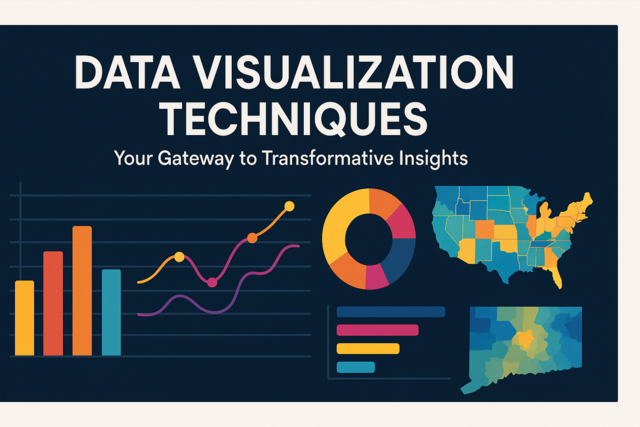 5 hours
0.5 CEUs
Data Visualization Techniques
+ More Info
5 hours
0.5 CEUs
Data Visualization Techniques
+ More Info
-
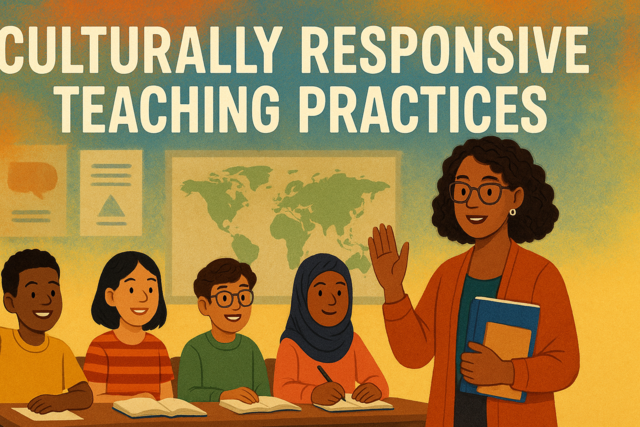 5 hours
0.5 CEUs
Culturally Responsive Teaching Practices
+ More Info
5 hours
0.5 CEUs
Culturally Responsive Teaching Practices
+ More Info
-
 6 hours
0.6 CEUs
Iconic Influence: Women's Wear in the Age of Luxury
+ More Info
6 hours
0.6 CEUs
Iconic Influence: Women's Wear in the Age of Luxury
+ More Info
-
 7 hours
0.7 CEUs
Effective Minute-Taking for Meetings
+ More Info
7 hours
0.7 CEUs
Effective Minute-Taking for Meetings
+ More Info
-
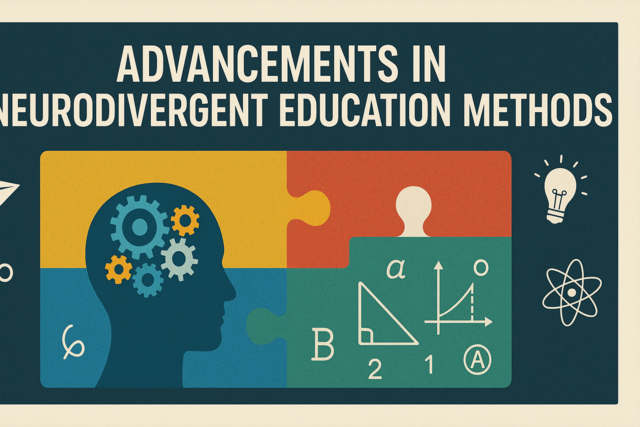 3 hours
0.3 CEUs
Advancements in Neurodivergent Education Methods
+ More Info
3 hours
0.3 CEUs
Advancements in Neurodivergent Education Methods
+ More Info
-
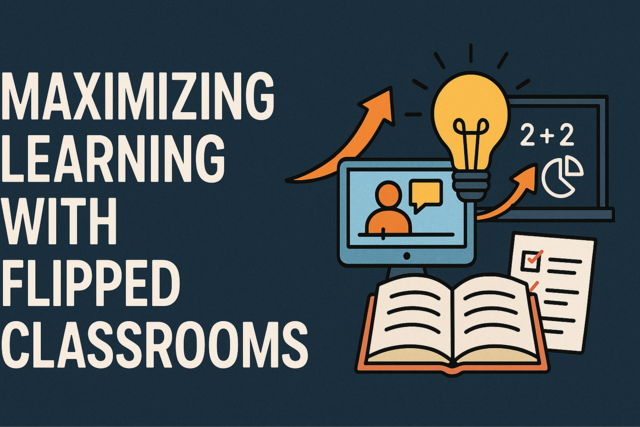 5 hours
0.5 CEUs
Maximizing Learning with Flipped Classrooms
+ More Info
5 hours
0.5 CEUs
Maximizing Learning with Flipped Classrooms
+ More Info
-
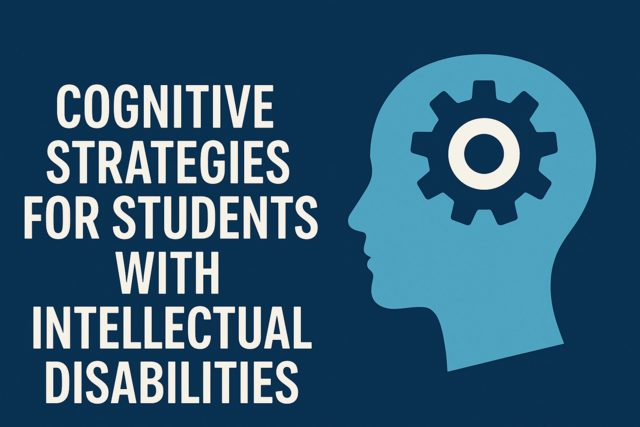 7 hours
0.7 CEUs
Cognitive Strategies for Students with Intellectual Disabilities
+ More Info
7 hours
0.7 CEUs
Cognitive Strategies for Students with Intellectual Disabilities
+ More Info
-
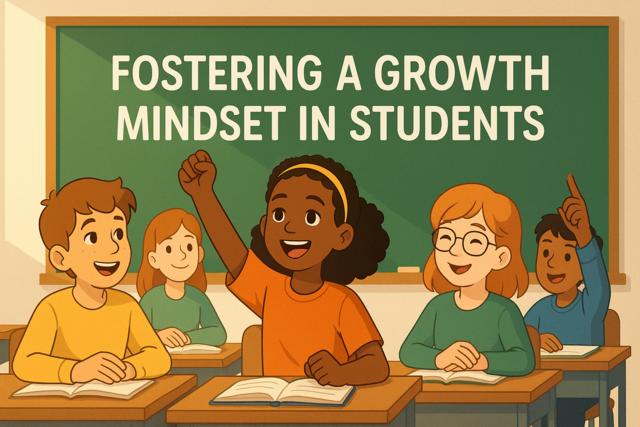 6 hours
0.6 CEUs
Fostering a Growth Mindset in Students
+ More Info
6 hours
0.6 CEUs
Fostering a Growth Mindset in Students
+ More Info
-
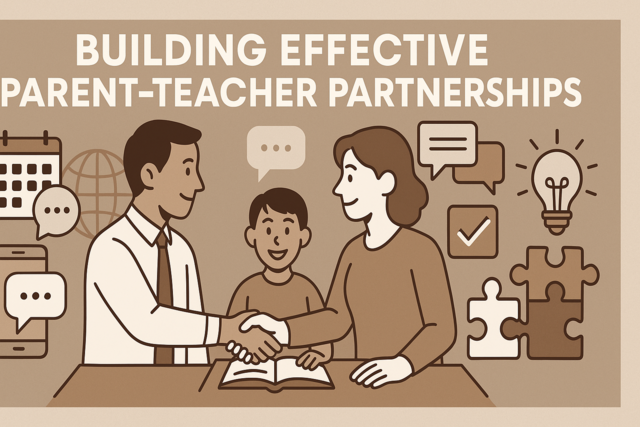 6 hours
0.6 CEUs
Building Effective Parent-Teacher Partnerships
+ More Info
6 hours
0.6 CEUs
Building Effective Parent-Teacher Partnerships
+ More Info
-
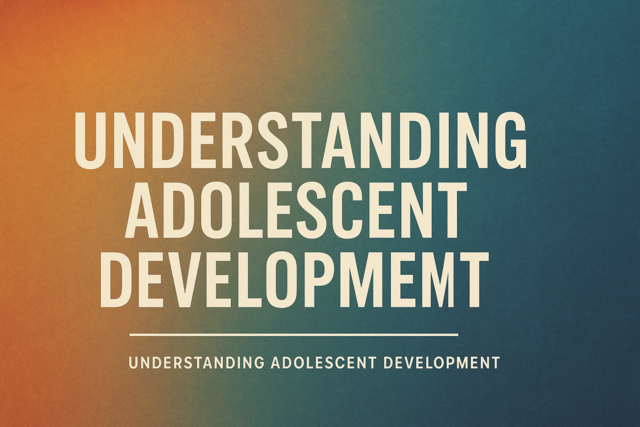 7 hours
0.7 CEUs
Understanding Adolescent Development
+ More Info
7 hours
0.7 CEUs
Understanding Adolescent Development
+ More Info
-
 5 hours
0.5 CEUs
Developing a Growth Mindset
+ More Info
5 hours
0.5 CEUs
Developing a Growth Mindset
+ More Info
-
 5 hours
0.5 CEUs
Family Dynamics and Trauma: Unraveling the Impact on Relationships
+ More Info
5 hours
0.5 CEUs
Family Dynamics and Trauma: Unraveling the Impact on Relationships
+ More Info
-
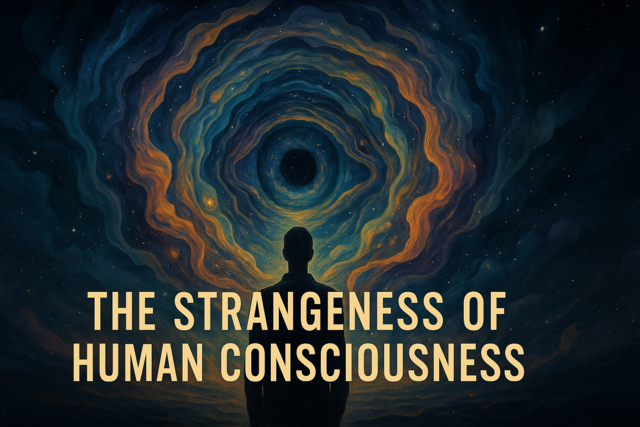 5 hours
0.5 CEUs
The Strangeness of Human Consciousness
+ More Info
5 hours
0.5 CEUs
The Strangeness of Human Consciousness
+ More Info
-
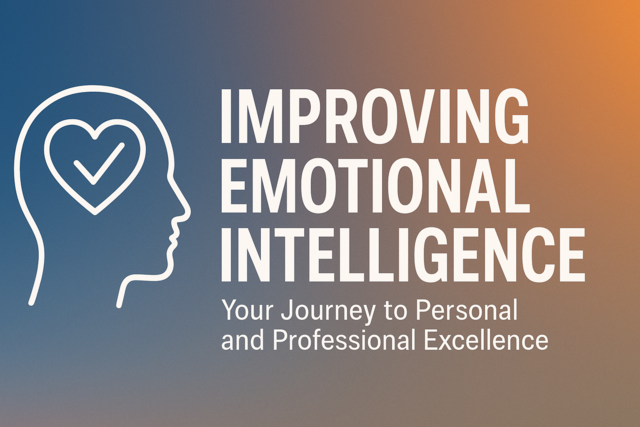 6 hours
0.6 CEUs
Improving Emotional Intelligence
+ More Info
6 hours
0.6 CEUs
Improving Emotional Intelligence
+ More Info
-
 7 hours
0.7 CEUs
Travel Planning and Safety Skills
+ More Info
7 hours
0.7 CEUs
Travel Planning and Safety Skills
+ More Info
-
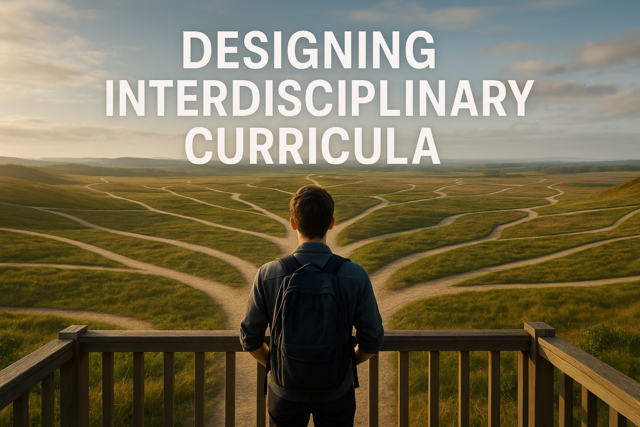 7 hours
0.7 CEUs
Designing Interdisciplinary Curricula
+ More Info
7 hours
0.7 CEUs
Designing Interdisciplinary Curricula
+ More Info
-
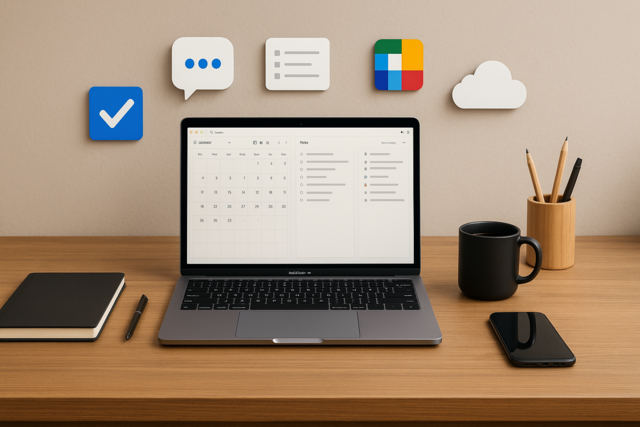 6 hours
0.6 CEUs
Productivity Tools for Modern Professionals
+ More Info
6 hours
0.6 CEUs
Productivity Tools for Modern Professionals
+ More Info
-
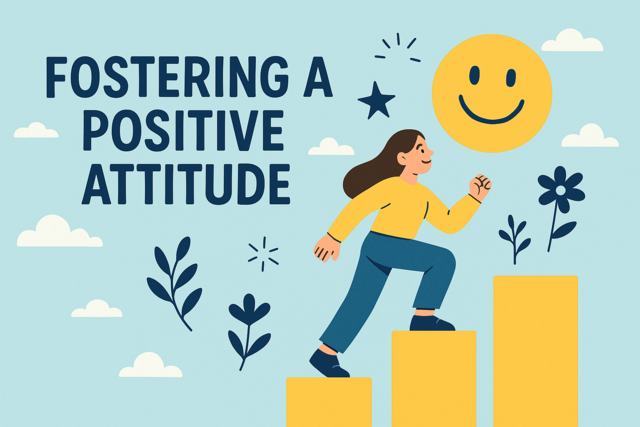 5 hours
0.5 CEUs
Fostering a Positive Attitude
+ More Info
5 hours
0.5 CEUs
Fostering a Positive Attitude
+ More Info
-
 4 hours
0.4 CEUs
The Love Language Challenge: Transform Your Relationship
+ More Info
4 hours
0.4 CEUs
The Love Language Challenge: Transform Your Relationship
+ More Info
-
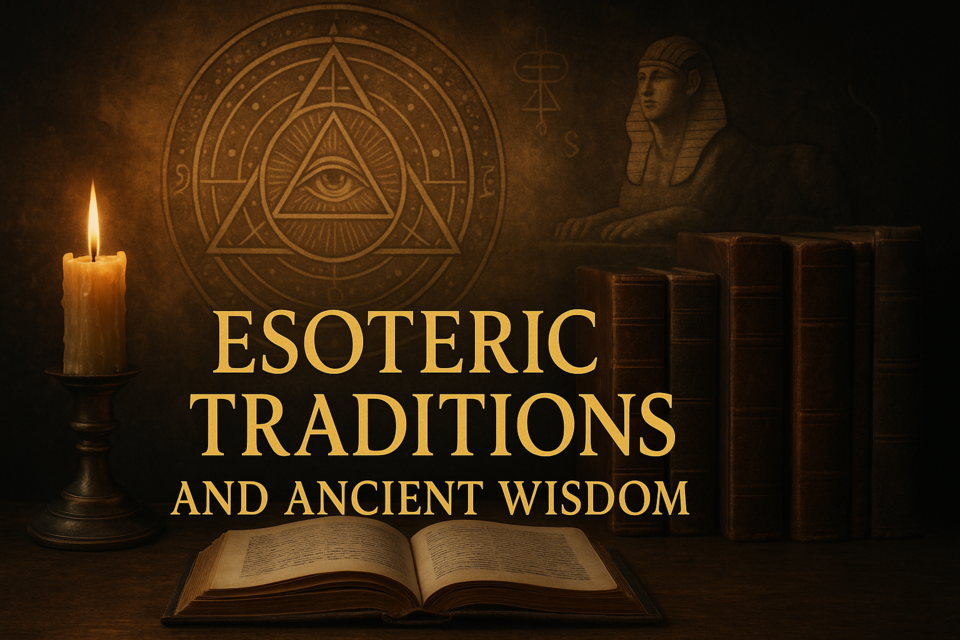 4 hours
0.4 CEUs
Esoteric Traditions and Ancient Wisdom
+ More Info
4 hours
0.4 CEUs
Esoteric Traditions and Ancient Wisdom
+ More Info
-
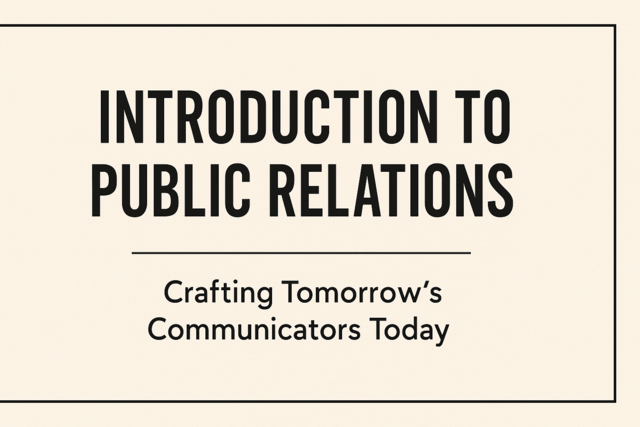 3 hours
0.3 CEUs
Introduction to Public Relations
+ More Info
3 hours
0.3 CEUs
Introduction to Public Relations
+ More Info
-
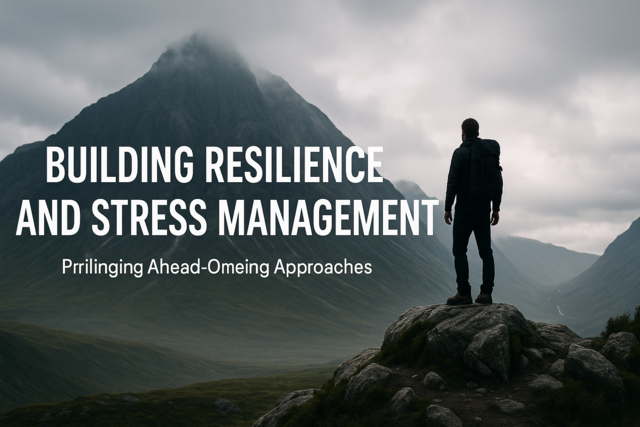 5 hours
0.5 CEUs
Building Resilience and Stress Management
+ More Info
5 hours
0.5 CEUs
Building Resilience and Stress Management
+ More Info
-
 4 hours
0.4 CEUs
Narcissistic Loops: Breaking the Cycle of Self-Absorption
+ More Info
4 hours
0.4 CEUs
Narcissistic Loops: Breaking the Cycle of Self-Absorption
+ More Info
-
 7 hours
0.7 CEUs
Style Sovereign: The Power of Personal Branding in Luxury Fashion
+ More Info
7 hours
0.7 CEUs
Style Sovereign: The Power of Personal Branding in Luxury Fashion
+ More Info
-
 6 hours
0.6 CEUs
Healing from Narcissism: Paths to Recovery and Healthy Dynamics
+ More Info
6 hours
0.6 CEUs
Healing from Narcissism: Paths to Recovery and Healthy Dynamics
+ More Info
-
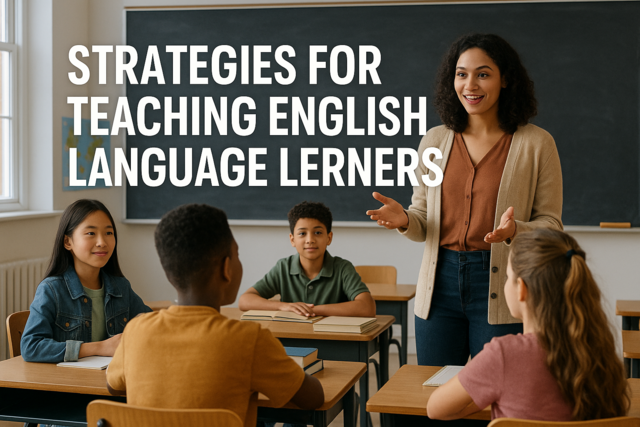 4 hours
0.4 CEUs
Strategies for Teaching English Language Learners
+ More Info
4 hours
0.4 CEUs
Strategies for Teaching English Language Learners
+ More Info
-
 5 hours
0.5 CEUs
The Alchemical Traditions of Druidic Wisdom
+ More Info
5 hours
0.5 CEUs
The Alchemical Traditions of Druidic Wisdom
+ More Info
-
 5 hours
0.5 CEUs
STEAM: Integrating the Arts with STEM
+ More Info
5 hours
0.5 CEUs
STEAM: Integrating the Arts with STEM
+ More Info
-
 4 hours
0.4 CEUs
Understanding Auras and Energy Fields
+ More Info
4 hours
0.4 CEUs
Understanding Auras and Energy Fields
+ More Info
-
 6 hours
0.6 CEUs
Introduction to Graphic Design Tools
+ More Info
6 hours
0.6 CEUs
Introduction to Graphic Design Tools
+ More Info
-
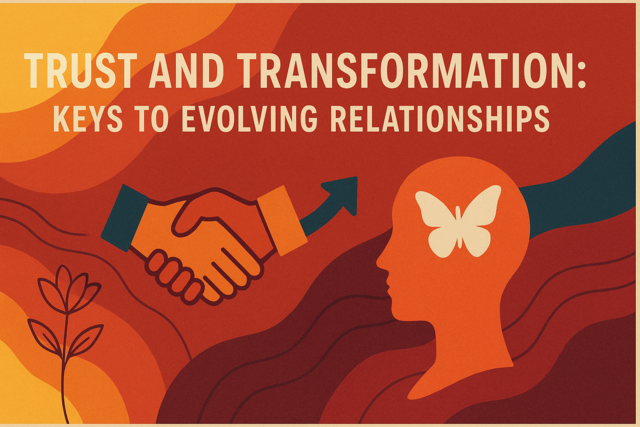 4 hours
0.4 CEUs
Trust and Transformation: Keys to Evolving Relationships
+ More Info
4 hours
0.4 CEUs
Trust and Transformation: Keys to Evolving Relationships
+ More Info
-
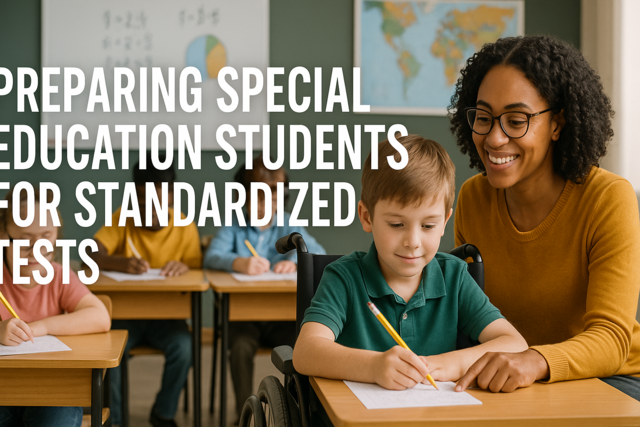 3 hours
0.3 CEUs
Preparing Special Education Students for Standardized Tests
+ More Info
3 hours
0.3 CEUs
Preparing Special Education Students for Standardized Tests
+ More Info
-
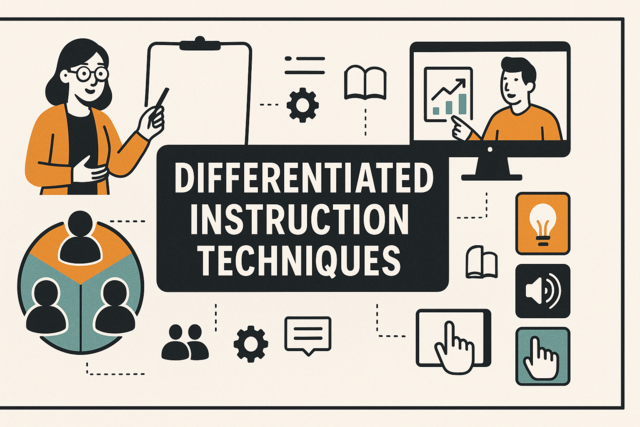 6 hours
0.6 CEUs
Differentiated Instruction Techniques
+ More Info
6 hours
0.6 CEUs
Differentiated Instruction Techniques
+ More Info
-
 3 hours
0.3 CEUs
Luxury Layering: The Art of Dressing with Opulence
+ More Info
3 hours
0.3 CEUs
Luxury Layering: The Art of Dressing with Opulence
+ More Info
-
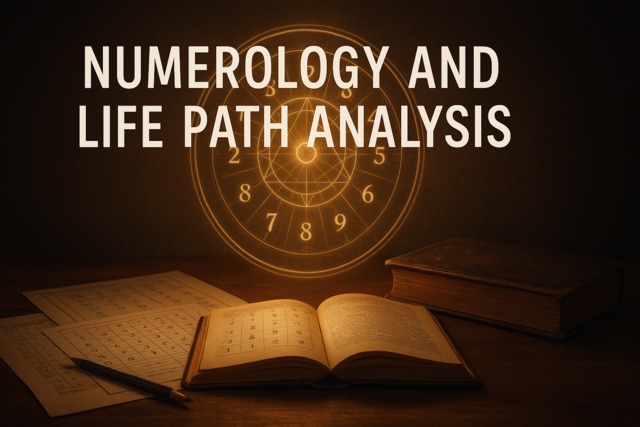 6 hours
0.6 CEUs
Numerology and Life Path Analysis
+ More Info
6 hours
0.6 CEUs
Numerology and Life Path Analysis
+ More Info
-
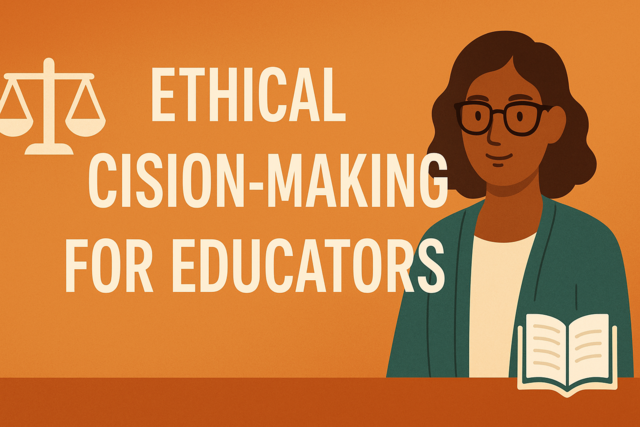 7 hours
0.7 CEUs
Ethical Decision-Making for Educators
+ More Info
7 hours
0.7 CEUs
Ethical Decision-Making for Educators
+ More Info
-
 4 hours
0.4 CEUs
Elite Ensembles: Crafting Timeless Women's Looks
+ More Info
4 hours
0.4 CEUs
Elite Ensembles: Crafting Timeless Women's Looks
+ More Info
-
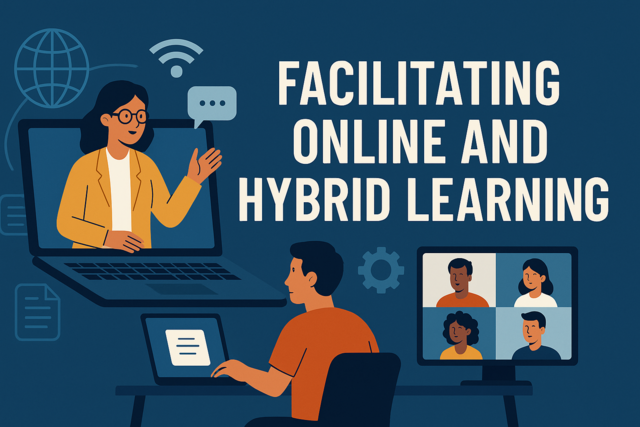 4 hours
0.4 CEUs
Facilitating Online and Hybrid Learning
+ More Info
4 hours
0.4 CEUs
Facilitating Online and Hybrid Learning
+ More Info
-
 4 hours
0.4 CEUs
Raising Emotionally Intelligent Children: A Guide for Parents
+ More Info
4 hours
0.4 CEUs
Raising Emotionally Intelligent Children: A Guide for Parents
+ More Info


